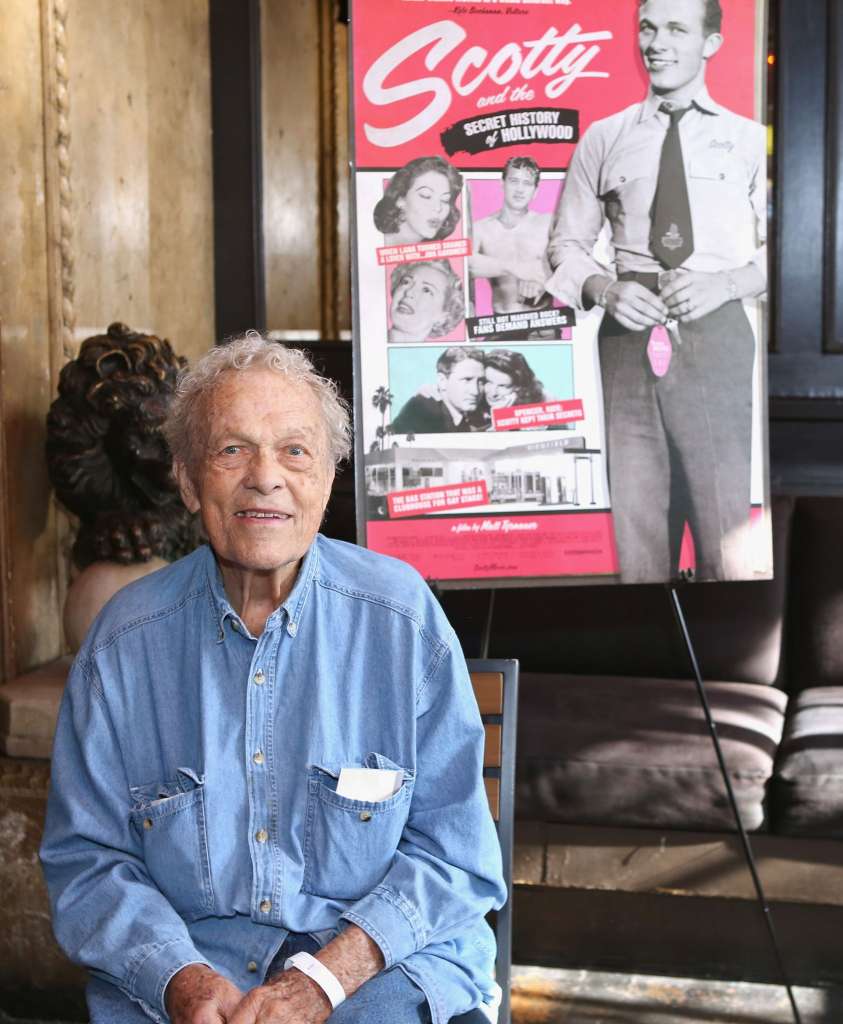
Scotty Bowers, a legend in Hollywood’s sexual underground in the 1950s and 1960s, died at home in Los Angeles on October 13 at the age of 96.
When I found out about his book, Full Service, I must admit I was excited to read it, mostly because I always enjoyed titillating, “Hollywood Babylon” scandals. And here was someone who actually made satisfying the sexuality of Hollywood royalty of that period (and others) his business, literally.
He started his “infamous” gas station procurement network in the late 1940s, mostly hiring out young studs for closeted gay actors and others in the Hollywood business (and there were many).
According to his book, his career as a sex worker began in 1946 while he was working as an attendant at The Richfield Oil gas station located at 5777 Hollywood Boulevard, at the corner of Van Ness Avenue. In 1950, Bowers stopped working at the service station, and he then began working as a party bartender (one his party “tricks” involved using his schlong to stir drinks), while continuing his sexual services to both men and women. And he himself, because he was gifted with such a stunning endowment, according to Bowers, was quite popular.
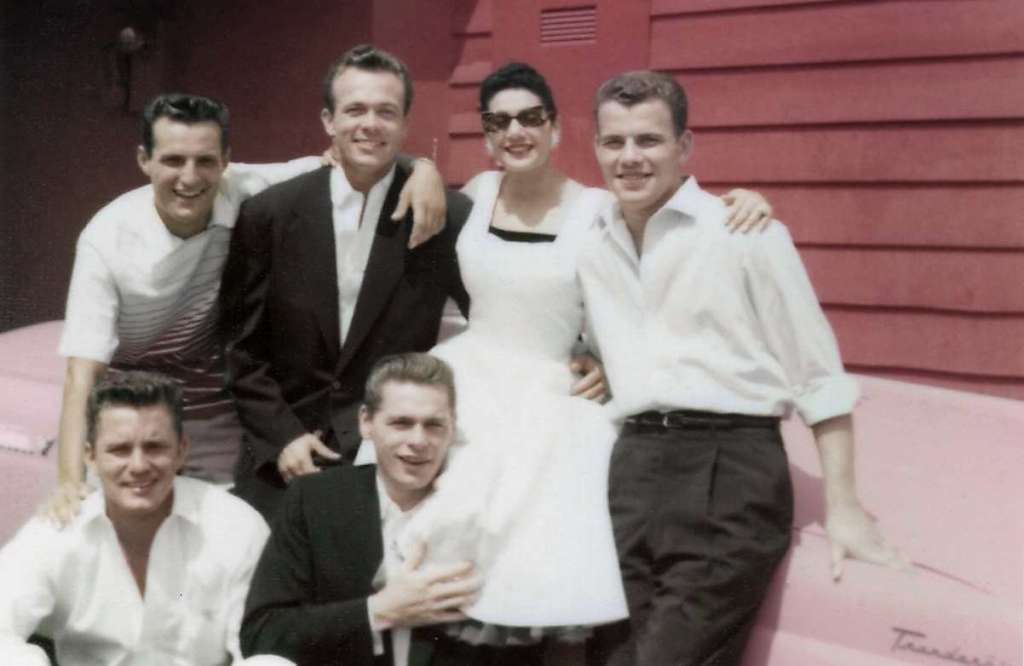
I must admit I was surprised that the famous Hollywood actor Walter Pidgeon, whom I call Mr. Miniver (he was Mrs. Miniver’s [played by Greer Garson] husband in one of the most wholesome, inspiring, patriotic 1940s movies, Mrs. Miniver), was one of his first clients. It’s still sometimes difficult to separate the screen persona from the real person (and in Pidgeon’s case, he was married to a woman, of course), but that was Hollywood: ultimately, illusion.
What I found to be, according to Scotty (and I don’t dispute at all his reliability in this case, as many others do), the close to ultimate Hollywood illusion: the Spencer Tracy and Katharine Hepburn romance. I remember when growing up, it was pretty much a given that these two were the romantic Hollywood power couple of the period (at least before Burton and Taylor came along). Yet, according to Bowers, both were gay (or in Tracy’s case, probably bisexual), and Scotty apparently was one of his sexual partners. Hepburn, who some have argued was really more fluid in her relationship to gender and sexuality, used Bowers as a means to “hook up” with several women.
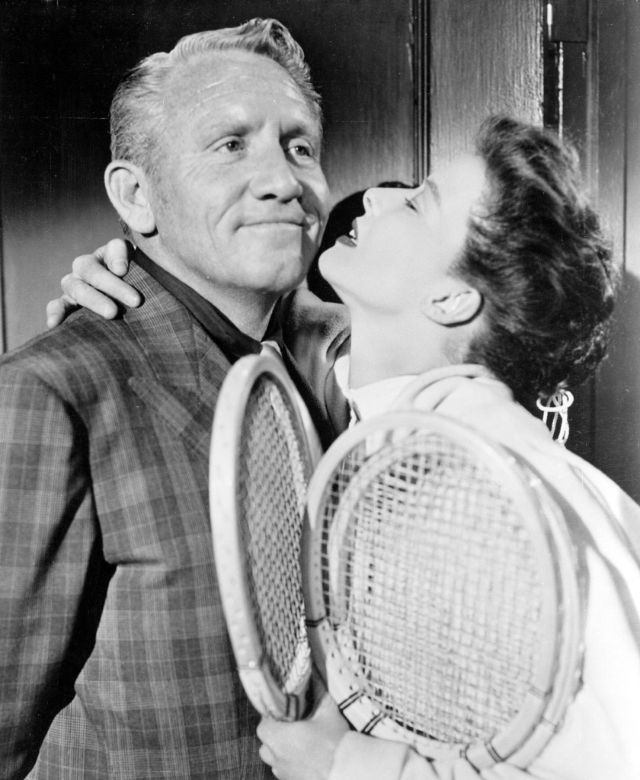
But what I think when reading the book and also viewing the documentary (I made a special trip to see it), Scotty and the Secret History of Hollywood, is that one can get distracted by all the Old Hollywood “scandal” and peccadilloes.
Scotty himself suffered many tragedies in his life that are perhaps closely related to, or perhaps not, his life a sex worker. He lived with a common-law wife whom he met right after his service in WWII, but they grew apart, and the daughter by this marriage, Donna, died young from complications after an abortion.
He did finally manage to find happiness with his last wife, but looking at the documentary, it’s clear Scotty suffered, especially later in life, from a hoarding disorder. I remember, and this behavior is that of a typical hoarder, a scene where he is going through memorabilia in a rented storage space stuffed to the maximum. Yes, there’s history made visible in the things he cherishes, but it seems buried, hidden, physically and mentally in clutter, multiplicity out of control.
Hidden and buried, yet now, no longer a secret. Scotty helped others keep secrets, but he never made his sex life a secret. He gloried in it. And I also think it wasn’t just a case of someone who knew he could use his sexuality as a commodity. Of course, he did, if one interprets his legacy very literally. Old Hollywood needed and wanted him to keep its illusion of heteronormative glamour intact.
But in doing so, he ended up exposing that illusion, not out of spite, but because in a world that was built on dreams and illusions, he actually fulfilled in the most primal, honest way the personal dreams of the stars who embodied on screen the dreams of people who probably got their gas pumped (and much more) at the Richfield Oil Gas Station.



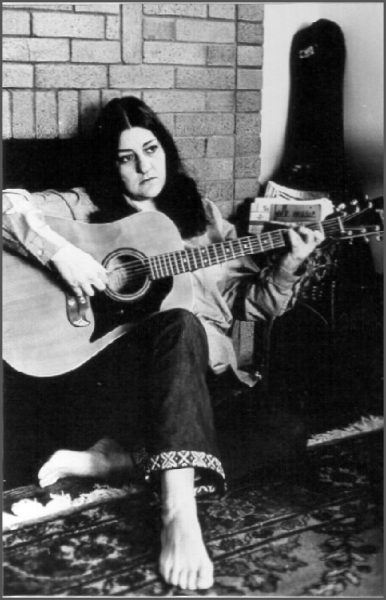
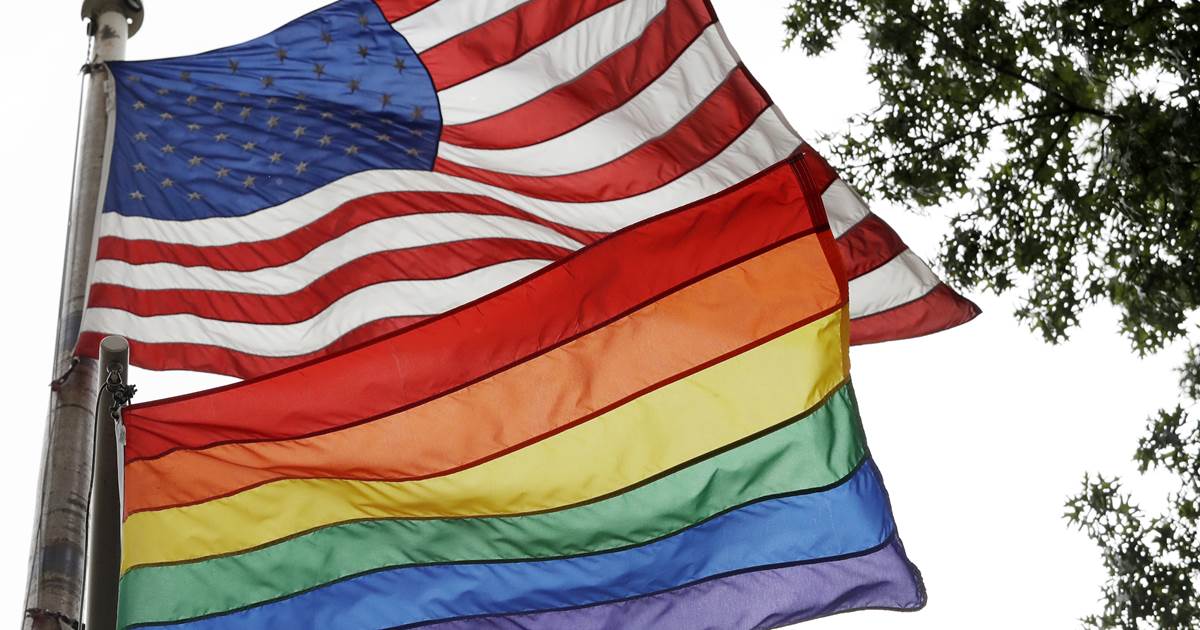

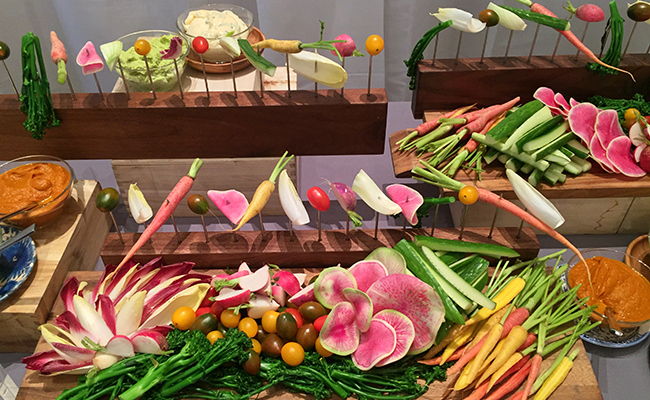
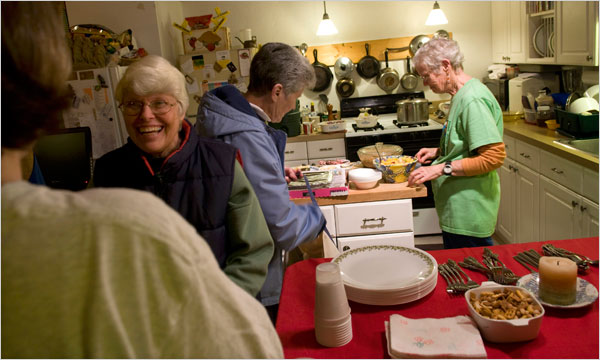
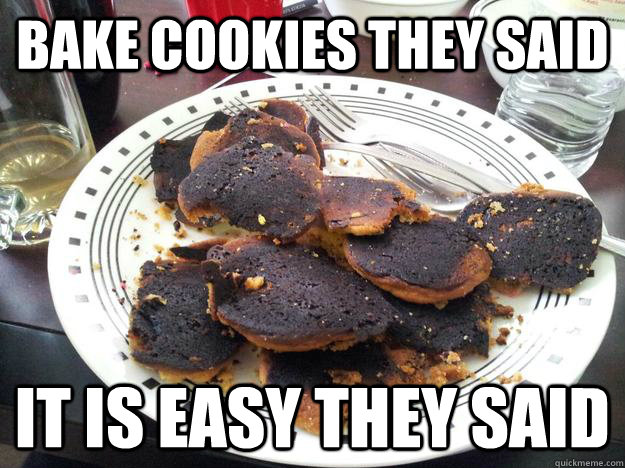
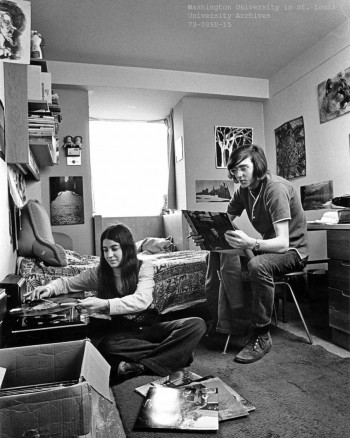
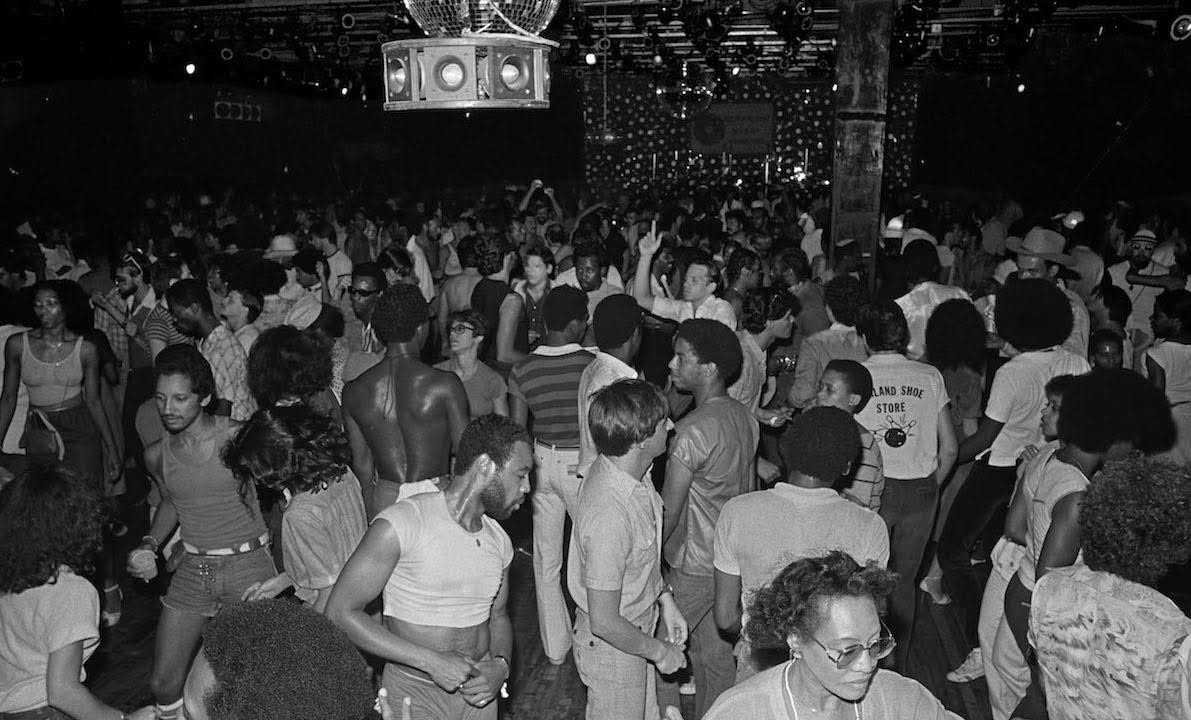
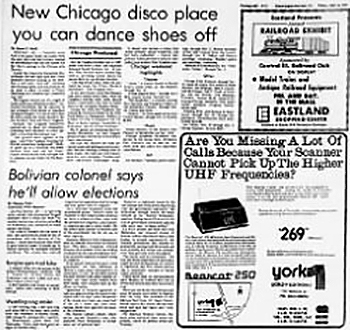
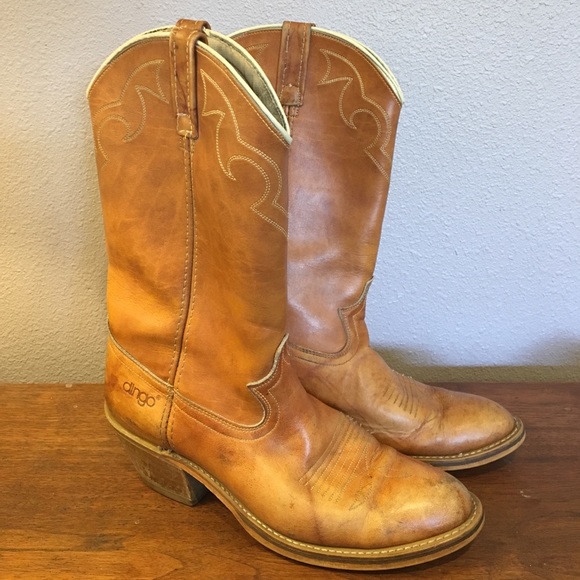
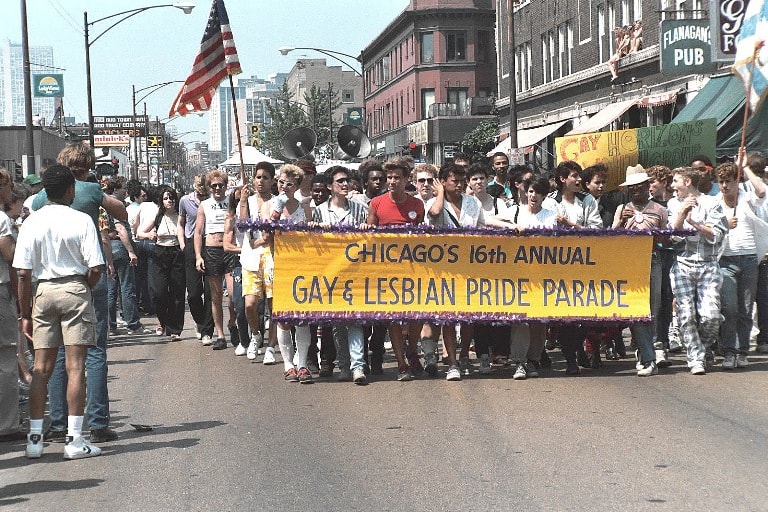
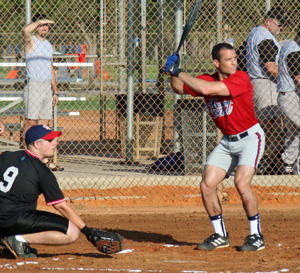
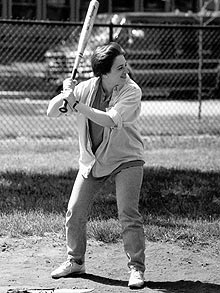
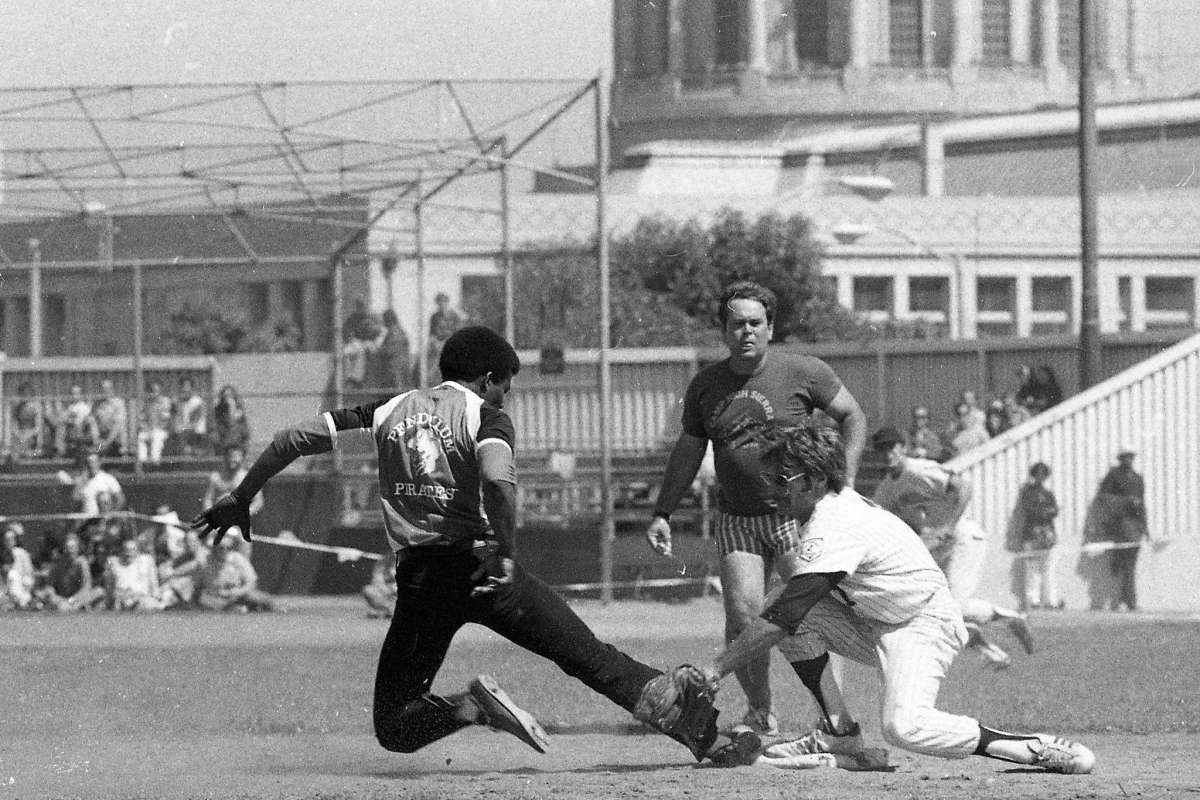
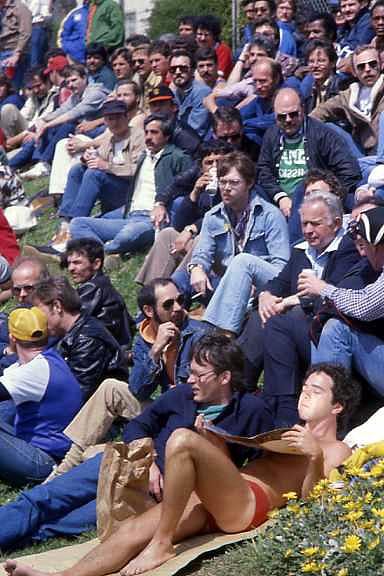
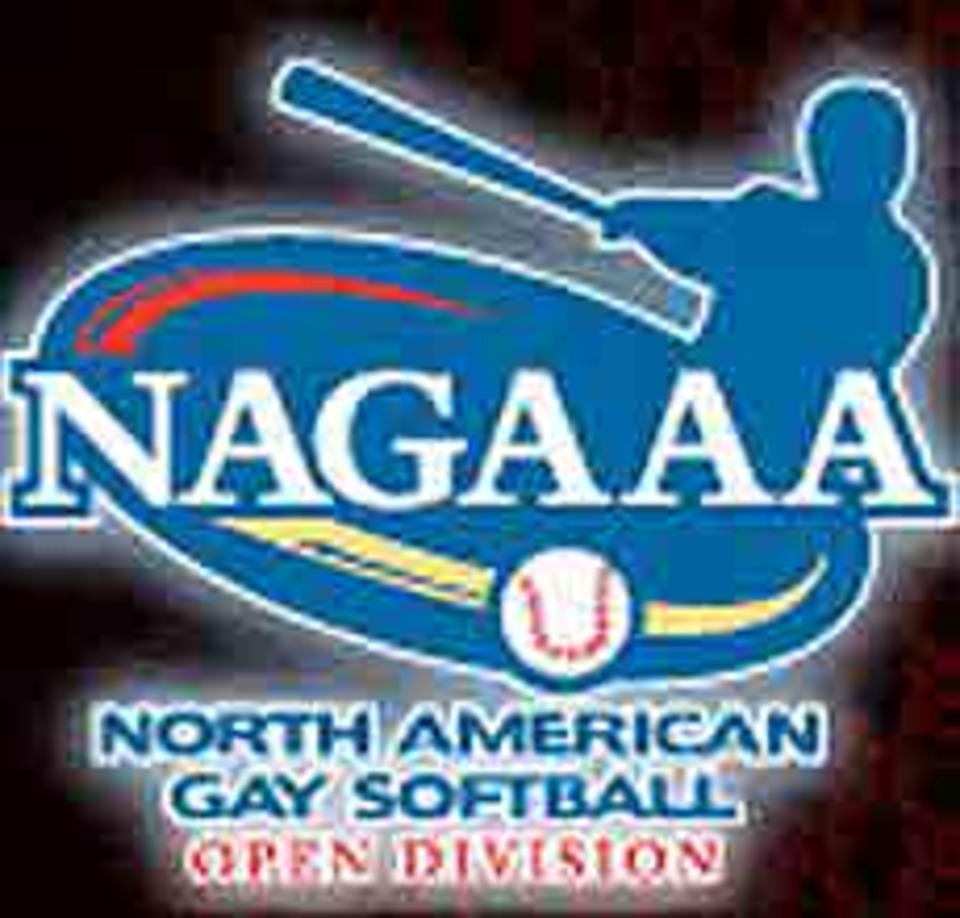
 Join our Email List
Join our Email List Like Us on Facebook
Like Us on Facebook Instagram
Instagram Youtube
Youtube Follow Us on Twitter
Follow Us on Twitter Follow us on Pinterest
Follow us on Pinterest